Khabar Khair (Only Good News) – Ruqiya Denana
Believing in the principles of the United Nations on gender equality in all fields, and because women and girls represent half of the world’s population, and therefore half of its potential, gender equality becomes a necessity with no possibility of ignoring it in order to achieve peace in societies and unleash its full potential.
Based on these principles, Yemeni civil society organizations, with the support of international organizations, have taken upon themselves to support women with the aim of their equal involvement with men in the various sectors affecting society, especially the media.
Activities and Projects of Civil Society Organizations
Civil society organizations have taken different ways to build the journalistic capacity of female media professionals in Yemen by giving priority to their training in various social and humanitarian fields.
Civil organizations have been keen on giving women in the media a large area of expertise and information in order to enable them to present an influential media vision at the societal level, especially peace journalism, and everything related to the role of media that aimed at bridging disparate visions and focusing on humanitarian issues away from affiliations and partisanships, which often contribute to fueling conflicts.
The Executive Director of the Studies and Economic Media Center (SEMC), Mohammed Ismail, says, “The center works in various aspects for the development of media in Yemen, in addition to building the capacities of journalists, men and women, in the areas of conflict-sensitive journalism and reporting on issues of gender-based violence, humanitarian journalism and many other fields. The center has also worked on supporting the production of hundreds of press materials”.
Ismail added, “The Economic Media Center pays special attention to women’s rights, as women journalists attend all the center’s programs at a fixed rate of no less than 35% of the total target population, in addition to the fact that the center aims to implement a special program to support women’s issues and their rights in general”.
He said that “Makanati” (My Position) project, which was implemented by the center in partnership with the French Media Development Agency , and funded by the French Foreign Ministry, aims to advocate women’s issues and their rights, with a focus on supporting female journalists to reach decision-making centers in media institutions, and these programs come in response to the vision and goals of the center, which urges media development because it is one of its most important axes, along with the economic sector, which aims to create a successful and transparent economy”.
Ismail confirmed, “Last year, the center trained more than 200 female journalists in various fields, as a network was established to support cases of gender-based violence and most of its members are women, in addition to the creation of “Makanati” network, in which female journalists members reached more than 90% of the number of participants”.
Equitable Work
Most of the laws signed by the countries of the world seek women’s access to decision-making positions and give them priority in various areas of life, including Security Council Resolution (1325) of 2000 AD, which affirms support for women and their access to decision-making places and their active participation in building peace.
The President of the Humanitarian Journalism Foundation, Bassam Al-Qadi, says, “The main goal that the Humanitarian Journalism Foundation seeks is to lead women into decision-making positions. Therefore, most of the foundation’s projects are equitable between male and female journalists, as we try as much as possible to push female journalists from different components to participate in media programs on a large scale”.
Al-Qadi adds, “The activities of the Humanitarian Journalism Foundation have contributed to the involvement of 40% out of 700 journalists, female and male, from the various governorates of Yemen, in order to enable them to professionally produce media materials in the fields of humanitarian journalism, human rights journalism, and gender journalism.
He confirmed that the foundation provides the trainees with a media advisory service to help them choose topics that can be produced for different media institutions, not only for the Human Journalism Foundation, and the foundation has also worked to hold special courses for female journalists in the field of digital security in order to help them protect their privacy.
Empowering and Stabilizing Women
In light of the challenges facing the Yemeni media, and impeding its influential presence in various social and political fields that relate to a number of influences related to the cultural structure of society, the support of civil organizations has contributed to redirecting public opinion to the necessity to accept their presence as equal participants to men in this job which was perceived as being reserved to men.
Regarding her experience with civil society organizations, the activist Amat Al-Rahman Al-Afouri says, “My first experience was with Resonate Yemen Foundation in 2017 AD. I came from the village and did not know what civil society organizations meant, and I was ignorant of their impact on society as I lived in a somewhat isolated environment. And when I started studying media at the Faculty of Mass Communication in Aden University, I trained for the first time in an integrated training program under the name of “Leaders of Yemen”, where we formed the “Leaders for Development – Aden” network, which was implemented by the Resonate Foundation. This training has been a powerful start for me, and it has enabled me to open up horizons in the humanitarian field in which I am working now”.
Al-Afouri added, “The Resonate Foundation had an important role for me, as it taught me for the first time to write the first project plan. Before that, I had not known how to write projects, and I presented my plan among 20 participants, male and female, from different governorates, and as a result I participated in a conference in Qatar for 2018-2019”.
Al-Afouri added that the positive impact that is reflected on the trainee depends on his desire to refine his personal talent, and to achieve maximum benefit from the various activities provided by civil society organizations, each in his field of competence, which helps the trainee later to engage in field work.
She said, “My colleagues I joined the program of the “Alf Ba” institution which acquired us the skill to communicate with local councils. We later formed a youth shadow council, and also worked with the local authority in the Khormaksar district”.
Al-Afouri stresses the role of civil society organizations that have succeeded in involving youth in working with the local authority, “I am now working with the Aden Youth Consultation Training Program of the Political Development Forum, which helped us a lot as a youth group to work with the various political spectrums”.
Experience and Skill
On the other hand, Marwa Saleh, an anchor at Al-Mukalla radio believes, “The various activities provided by civil society organizations, which aimed at developing the capabilities of journalists, male and female, from different governorates, help the journalist to identify the difficulties that his colleagues face in their different environments and the extent of media freedom or lack thereof. This helps us know the capabilities that are available to us when writing the press material and the difficulties that we may face”.
Marwa said, “The materials that journalists produce after receiving the training combine two important things, the first of which is to enable him to apply what he has learned. The second is to provide a good source of income, in addition to the diversity of topics covered by the training courses targeting journalists, which contribute to capturing inspiring ideas for writing inspiring press material”.
With the multiplicity of various trainings and activities provided by civil society organizations in Yemen that target female journalists, it is still too early to say that journalism rewards the media for attending the Yemeni media arena. Therefore, civil society organizations aim to develop more plans and programs targeting Yemeni female media professionals working in various visual, audio, and print media.

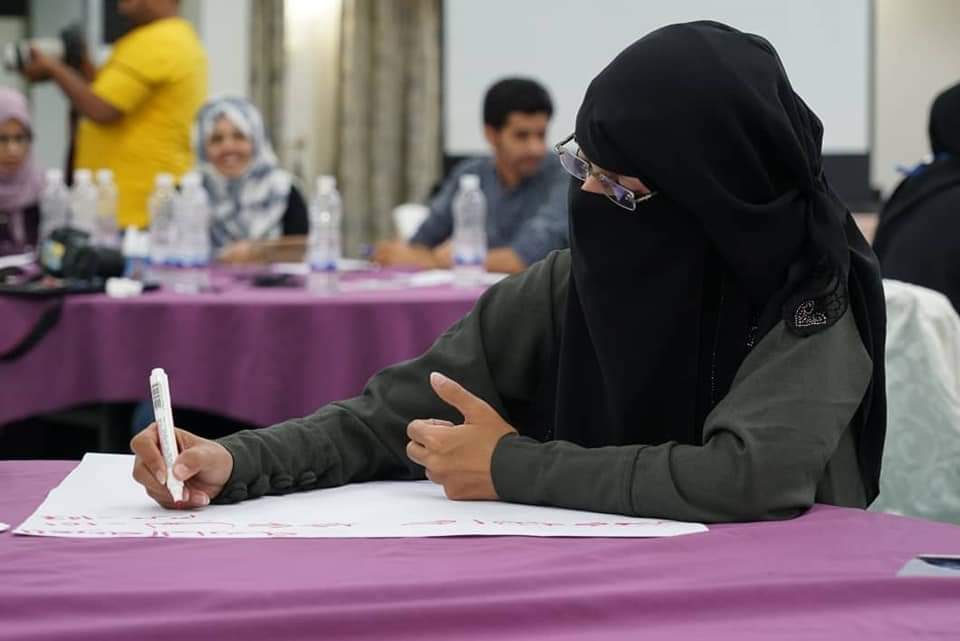
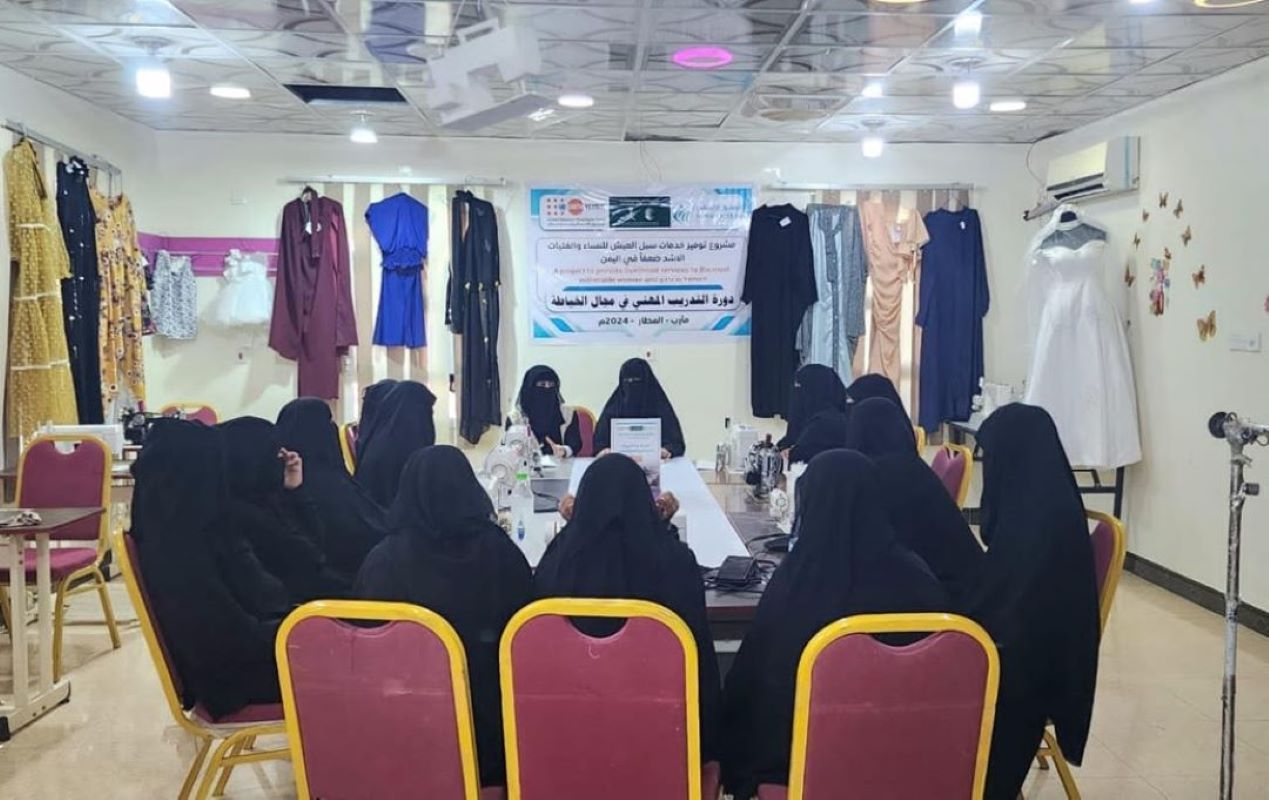
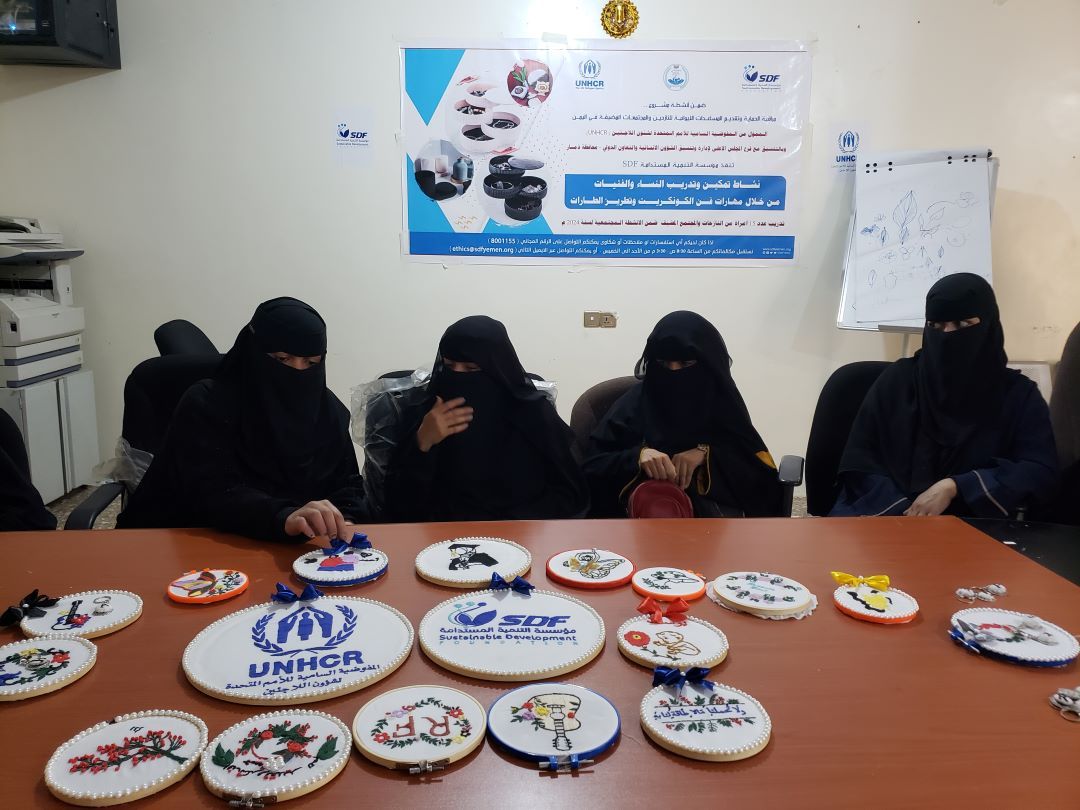
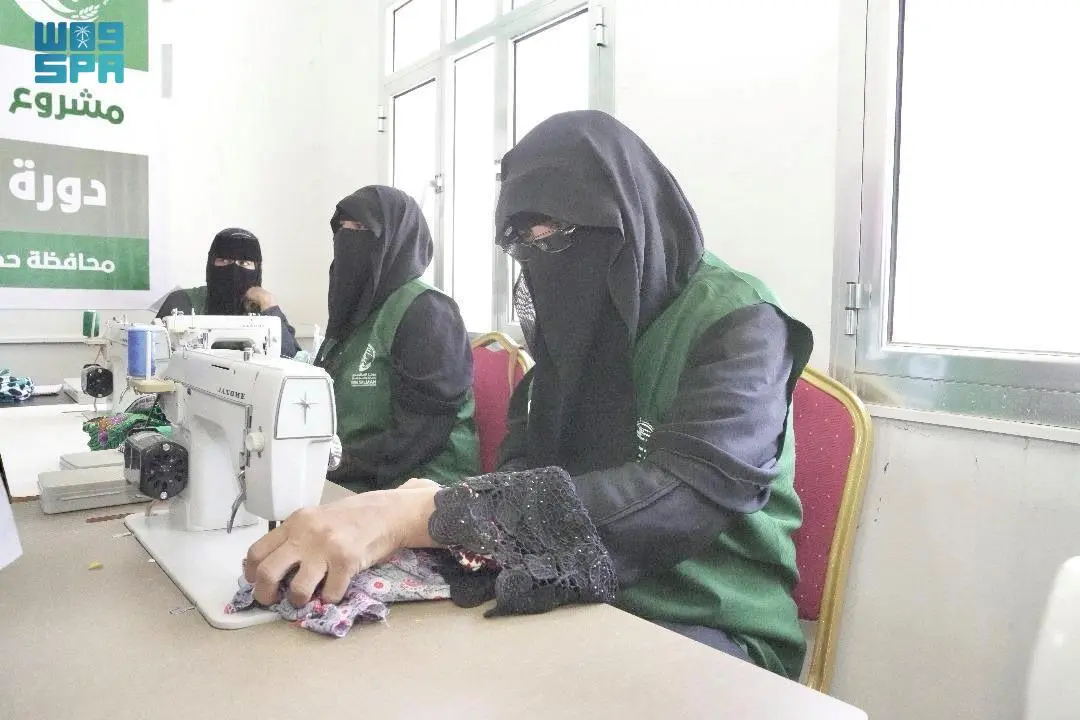
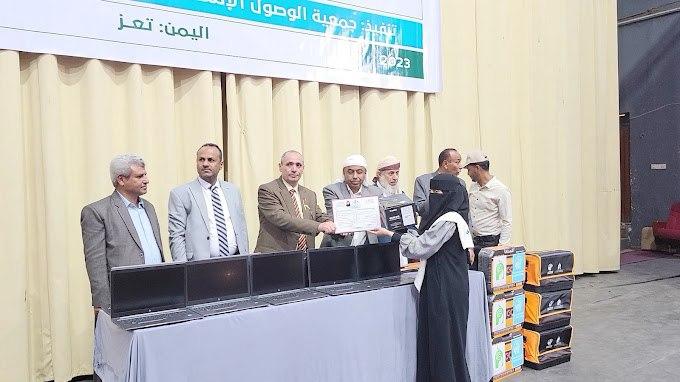
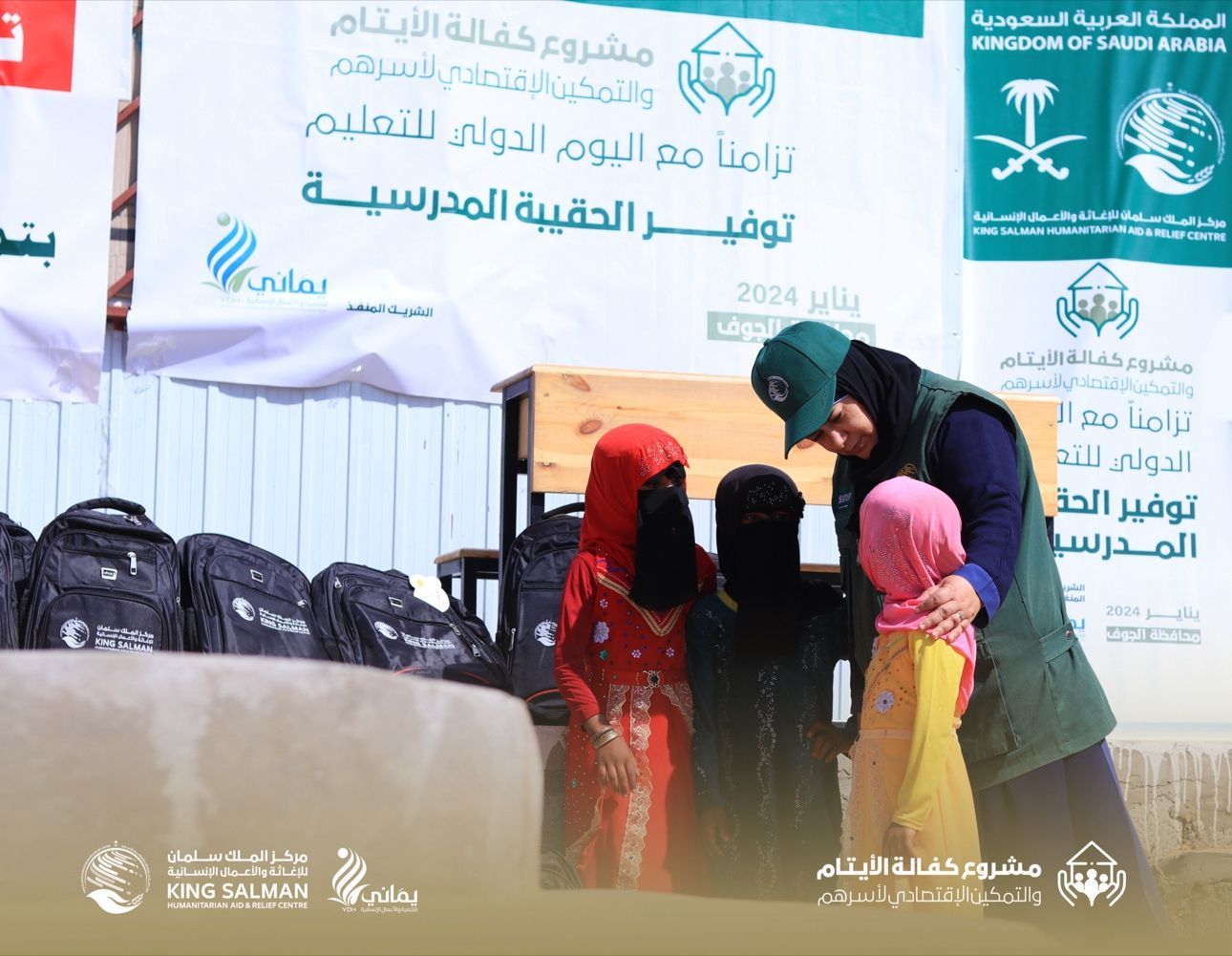
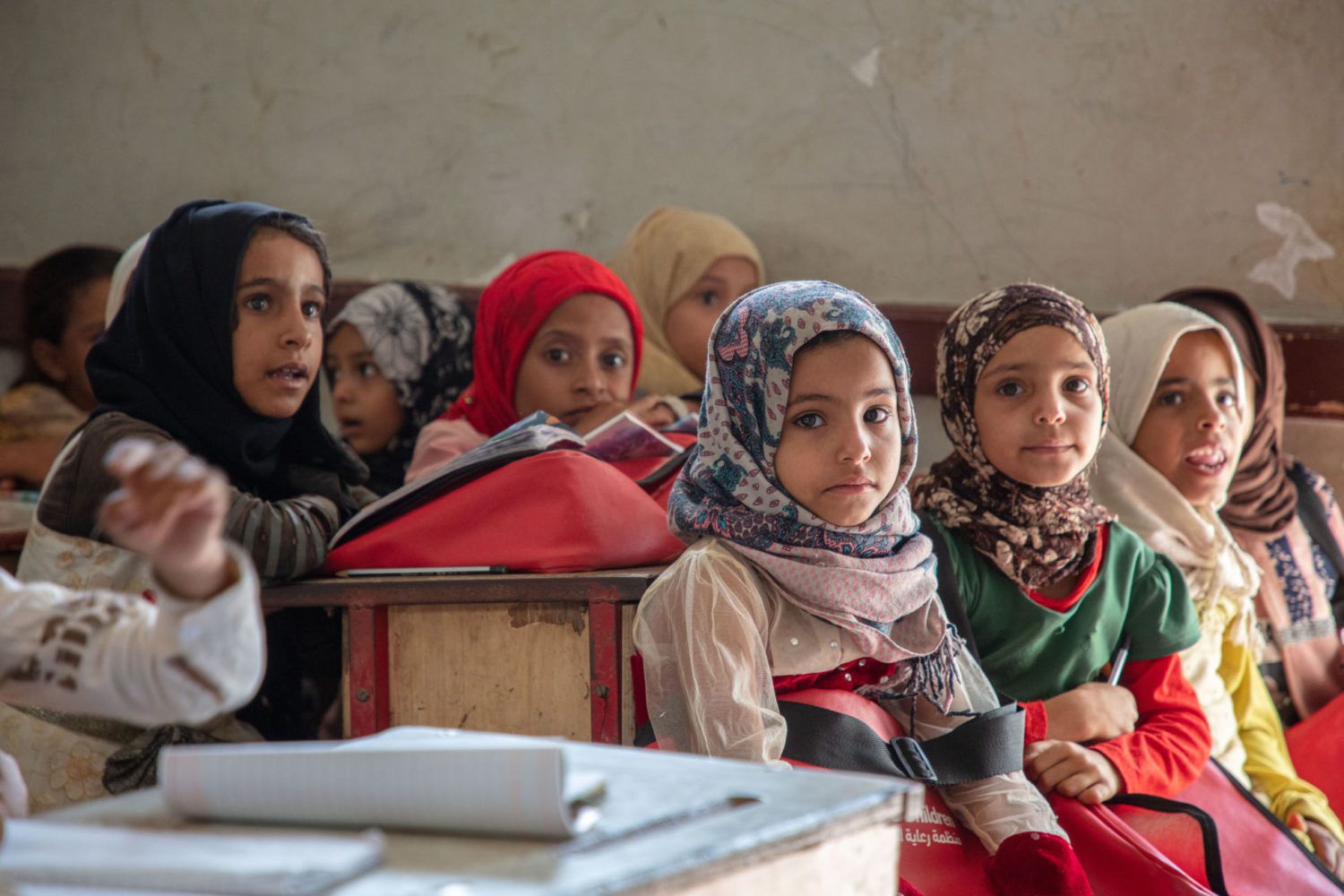

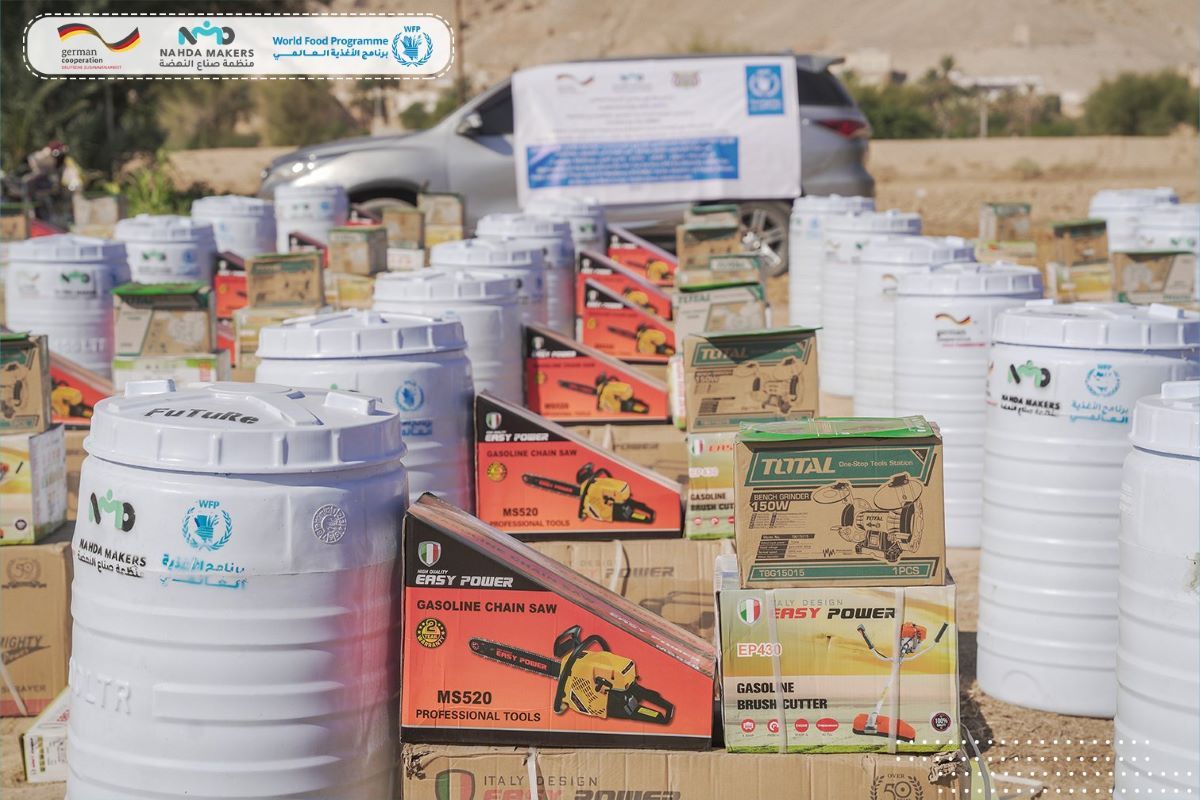
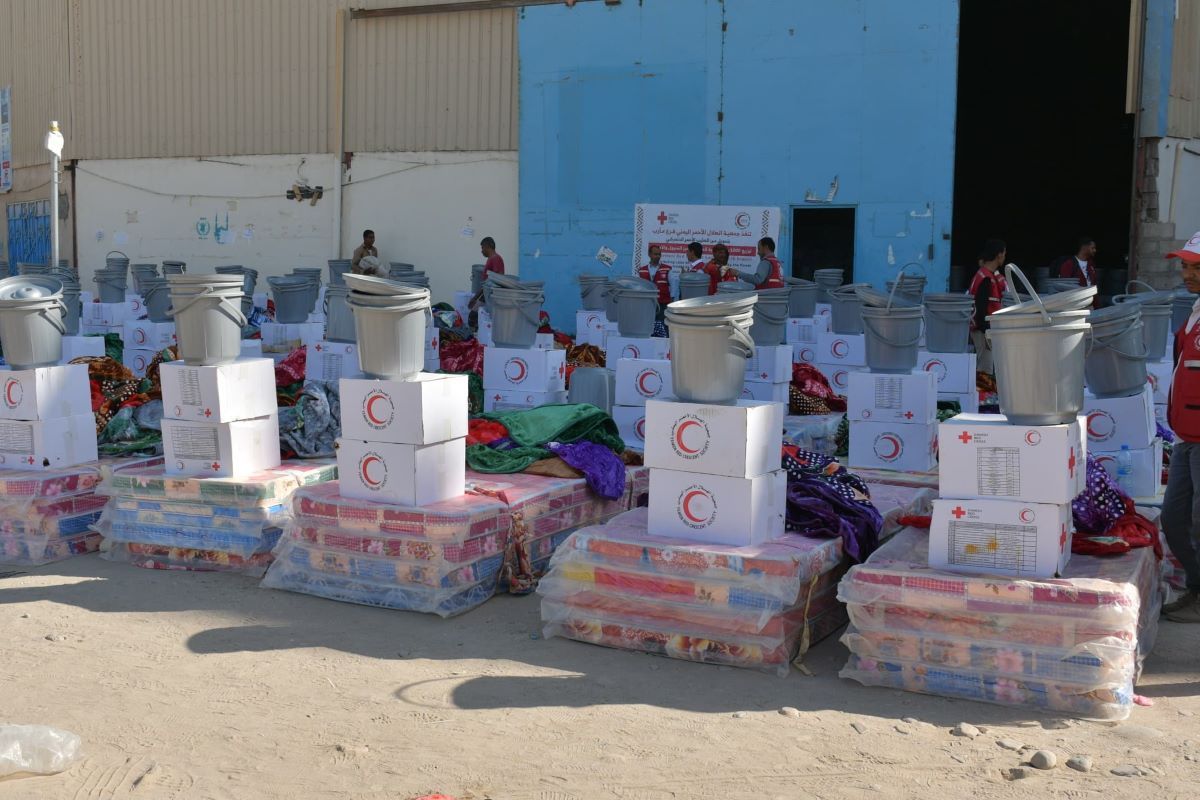
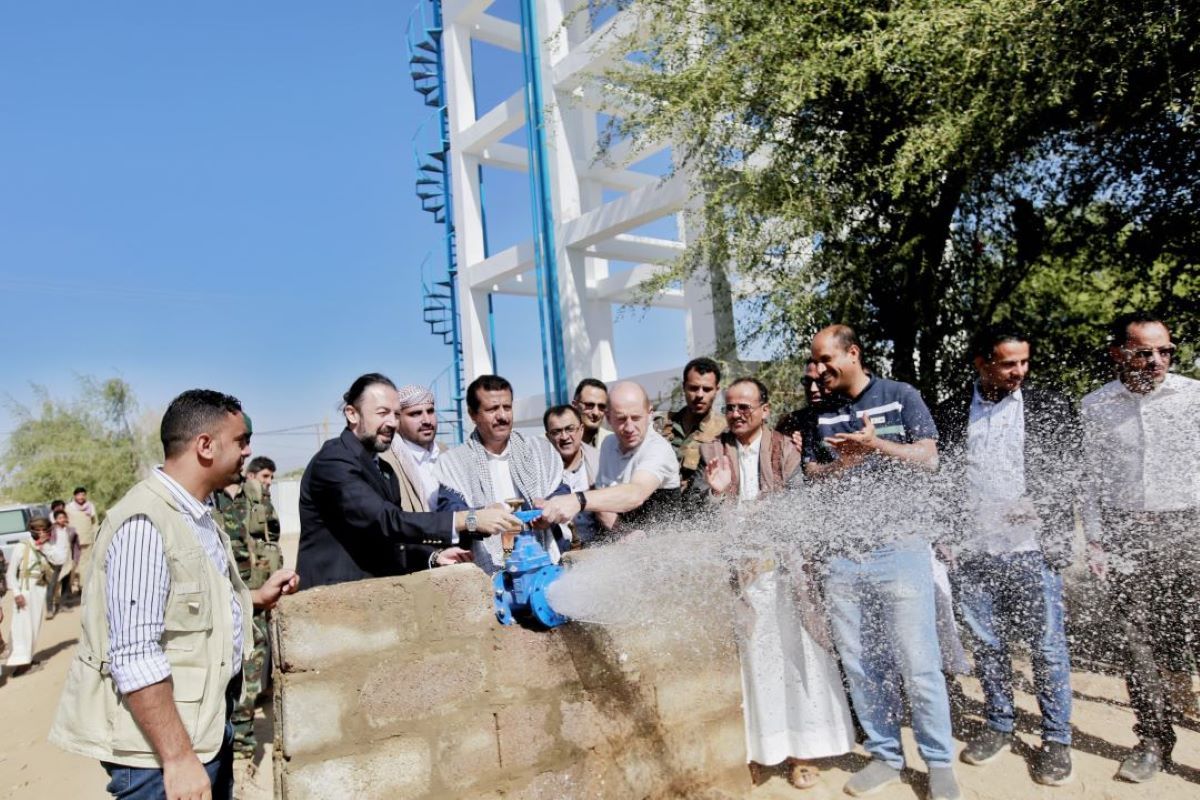
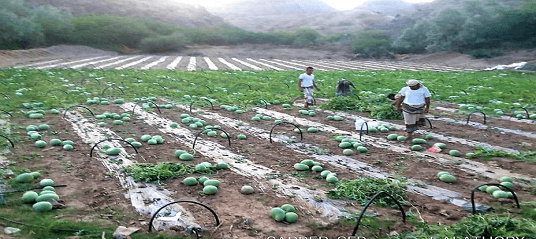
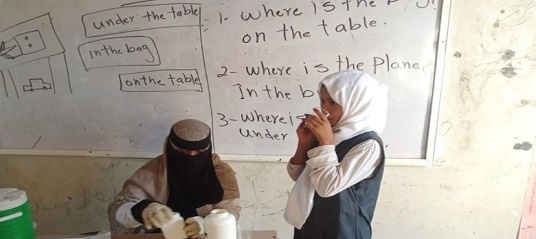
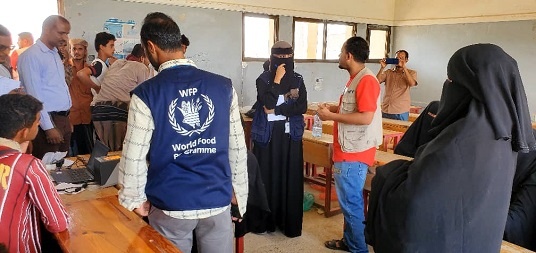
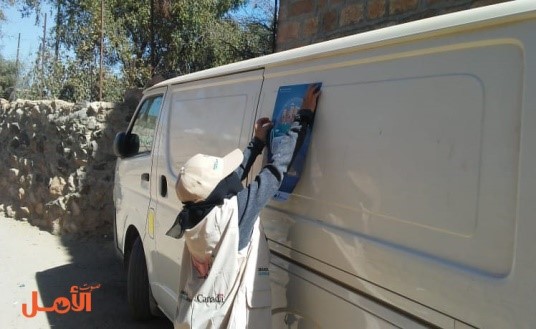
LEAVE A COMMENT